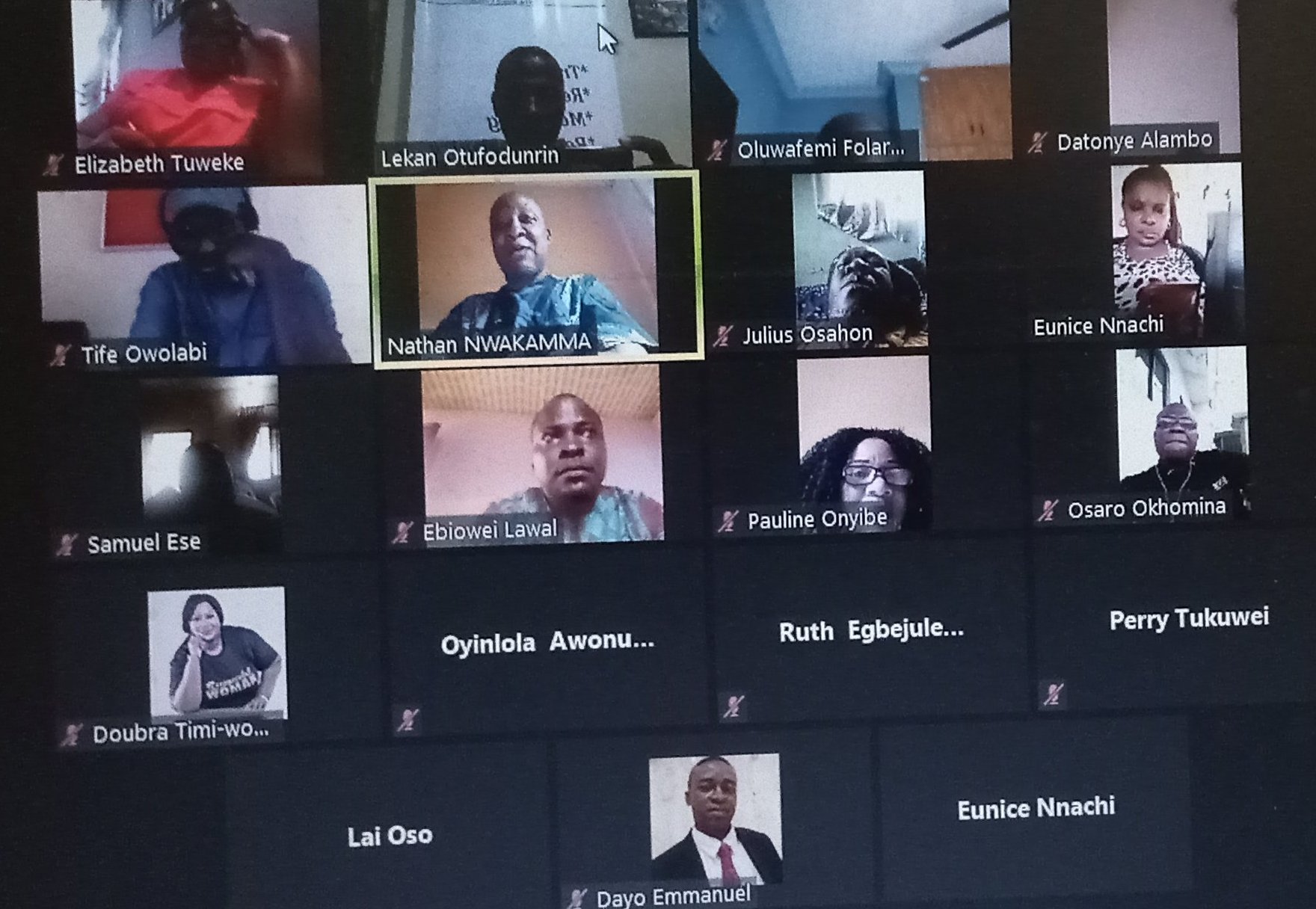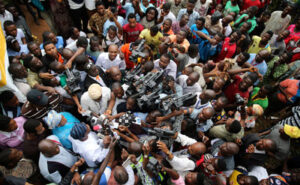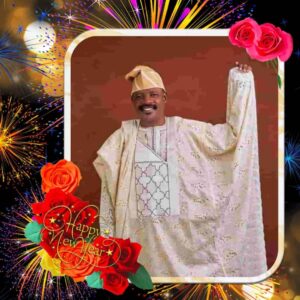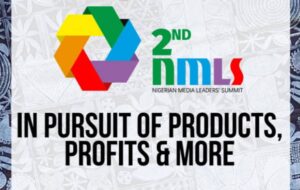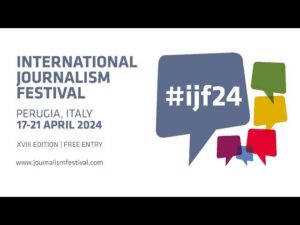By Dayo Emmanuel
Former Dean of the School of Communication, Lagos State University (LASU), Professor Lai Oso has urged journalists to always hold the government accountable as part of their watchdog responsibilities to the society.
Oso made this call during a virtual workshop for journalists in Bayelsa State by the Media Career Development Network (MCDN) sponsored by the United States Consulate General, Lagos.
In his paper titled Media and Democratic Accountability, the media scholar said journalists should hold government accountable by monitoring government programmes and have access to government records which should be reported adequately, comprehensively and ethically to the public to make government open and transparent.
“As reporters, you are a major actor in the political process in a democratic process in any society. Even in the Nigerian constitution, the media has been given the responsibility to monitor governance, to make government accountable to the people. The media is the only social institution the constitution named and gave a role and monitors the government, because of that role it is assumed that the media must be independent so that it can perform that role,” he said.
Oso noted that for the government to be accountable, it must be answerable for its policies and the society must have a mechanism for imposing sanctions on elected and appointed officials.
“ Accountability also involves protecting our freedom. It ensures those we give the power to don’t use it arbitrarily. It ensures good governance, that the government is opened and transparent and that the resources allocated are well deployed and to safeguard the public institutions.
“Power holders must be held accountable for their actions. In a democratic society, the media has been given the power of surveillance, watching what is going on and sound the alarm when something is going wrong.
“The media is to watch what the three other arms of government are doing and reporting to the people. Watchdog journalism is essentially investigative journalism, you investigate what someone is trying to keep secret, someone has abused his office and wants to cover it up, the role of the media is to bring it out,” he stated.
On the social purpose of the media, Oso said the media is expected to promote the public interest, promote freedom, justice and equality.
He, however, noted that the media cannot constitute themselves into a court of law adding that once journalists do their job professionally, it is left for the police or court to do play their role.
Oso stated that journalists must be free to do their jobs without any intimidation, but must also be responsible.
“The journalists must be allowed to do his job, he must be autonomous. Journalists do not need to be licensed by the state to perform their functions; they should be licensed by their professional body but not by the state.
“Nobody has the right to sensor journalists but you can be held accountable for what you have published and that is where the ethics of the profession comes in. You cannot write anything that will disturb the peace of society.”
He said the Freedom of Information (FOI) Act is to give the citizens and not just journalists, the opportunity to get access to some records and information and promote accountability.
Welcoming the participants, the Executive Director of MCDN, Mr. Lekan Otufodunrin said the main objective of the training is to enhance the capacity of journalists in the state to make government officials more accountable for their oath of office and promote good governance.
“As journalists based in the state, it is necessary to ensure that the government in power fulfil its electoral promises to the people. We must not fail to play our part for the overall development of the state,” Otufodunrin said.
He urged the participants to reflect the true state of performance of the government in their reports to provide a basis for assessment.
The participants lamented the slow pace of work by the government which they noted seems to be distracted by the unresolved legal issues on the election.
They also noted various hindrances, including lack of enough freedom for journalists in the state to perform their duties.
